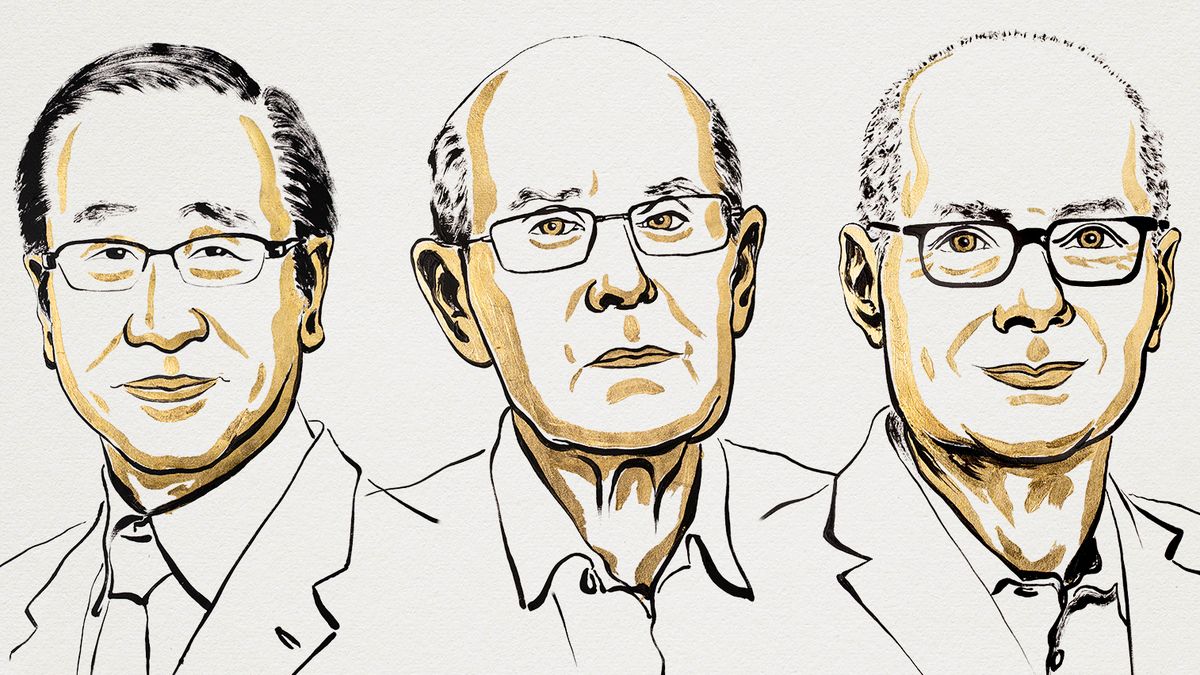The year 2021 brings us not a carefree Christmas – because a virus and its consequences want it to be. How were people doing these days in 1921, three years after the end of the devastating First World War and the outbreak of the Spanish flu? A look back in the “Tages-Post”, the predecessor newspaper of the OÖNachrichten.
White Christmas?
“As almost every year, the magic of the winter landscape was missing on Christmas Eve. Not even the winter cold that would have reminded us that the ice moon is, so to speak, at the door”, can be read. There was no shortage of people who only cared about gifts at the last minute. On the afternoon of Christmas Eve, which fell on a Saturday, “… in droves of shoppers crowded into the shops to buy gifts for the Christmas table. Despite the prevailing inflation, the merchants had high sales; the greatest demand was, apart from Toys for the children, after objects of daily use, while the expensive luxury items had to take a back seat. The city’s entertainment venues had mass visits during the holidays; … and the bars, too, could hardly believe the guests who wanted to spend cozy hours of chat there “.
Wood for the poor
The Linz municipal council reminds that many poor people could not find anyone to bring wood for them home. “Some came with completely defective strollers or other weak strollers”, of these “some were crushed by the heavy wood on top of that”. In order to help the poor and sick, it was decided to transfer the portions to be distributed from the farm yard “with the utmost speed to the yards of the following schools in complete failure”.
Christmas postage stamps
You are taken for granted today. In 1958, for the opening of the Christkindl post office in Steyr, a Christmas stamp was released from the series “Architectural monuments in Austria” showing the Christkindl church. The first special postage stamp “Christmas” appeared in 1963; this has been done annually since 1967. Thought was given as early as 1921, as the Tages-Post wrote: “Why shouldn’t we also have a Christmas stamp, especially since it would meaningfully embody the purpose of this festival of love and donation? … Denmark probably made the first attempt Issued a postage stamp for Christmas a number of years ago that was being sold for a hospital for tuberculous children. ” As a result, in 1907 privateers in the US state of Delaware issued 50,000 1-cent stamps that were sold for the benefit of the Red Cross – and were sold out in a week. “The United States Red Cross then marketed Christmas postage stamps across America, making significant contributions to the fight against tuberculosis.”
Unholy
Under the catchphrase “excesses”, a reporter described what unholy happened on this holy night through two young, tipsy boys who came to the inn “Grüner Baum” and wanted to go to the dance school there: “But when they found it closed, they tore They took the keystone from the warehouse out of high spirits from the house canal and also turned off the gas light so that passers-by were at risk of falling into the canal. They knocked a waiter who noticed the mischief to the ground. At the Taubenmarkt the guys slapped you in the face Passers-by. They behaved violently against the guard who intervened. Courageous passers-by hurried to the guard’s aid and whacked the rowdy brothers. “
Christmas message to America
Michael Hainisch, Federal President of the First Republic from 1920 to 1928, sent a note of thanks to the United States for the support known as the American Aid Millions – the food aid led by later US President Herbert Hoover: “Both the government and the people of the United States now have Already during two Christmases contributed so generously to alleviate the sad situation of the Austrian children … The happier faces and the stronger bodies of our children tell better than any words from me what we owe. “
Frowned upon curiosity
Based on “the English word that time is money”, one commentator is indignant that this saying does not apply to countless Viennese who are only concerned with “satisfying bare curiosity and idle curiosity”. Above all, the author castigates those metropolitan species “which form the lapwings among the privileged shoe shineers at any time of the day. As is well known, numerous war invalids in all parts of Vienna were given places to clean their soiled shoes… This cleaning of the street excrement, dabbing with shoe paste and amazingly quick rubbing with the woolen rag until the leather finally appears sparkling clean, attracts the curious and the inquisitive again and again, until an almost impenetrable corona forms around the cleaning man. That gaws and looks, misses unrecoverable quarter of an hour – just what ends up being here yes time no money. “
Operetta bliss
The Linzer Landestheater equipped its stage for the Christmas holidays with three operettas – “Der Tanz ins Glück” by Robert Stolz, “Der Zigeunerbaron” by Johann Strauss and “Der Herzog von Reichstadt” by Peter Stojanovits.
Tages-Post editorial of December 24, 1921
“Christmas is winter solstice, remembrance of the holy hour of woe, the cradle of the world savior, solemnity of Christianity. This year we celebrate it almost as poor as the child that the bride of the carpenter Joseph from the Davidic royal house on her trip to the Roman census in the cold Stable Nativity of Bethlehem was born 1921 years ago. The conditions at that time were in many ways similar to those of today. Back then, too, a glorious culture had lived itself out and prepared to die, and everyone longed for the powerful innovator who was to build a new world for human souls .. .
… Christ somehow fulfilled all the longings that were linked to his coming. This also explains the triumphant advance of the new doctrine, which jumped rivers and mountains, national borders and seas and fertilized and sanctified people’s thinking everywhere. Even if Christ was not the first and not the last of the great founders of religions who grew and worked on the classical soil of the religions in the Near East, it was something incredibly new. There was above all the emphasis on human brotherhood, charity, love of enemies and the longing for peace …
… Nonetheless, the teaching of Christ, albeit in different forms, continued to dominate people’s brains until the cold doubtfulness of the 18th century toppled Christianity from its high pedestal (base, note). The educated mankind fled from the narrow dogma teaching buildings into the open field of science. Even there she did not find what she was looking for, lost in pious childhood beliefs: happiness and love. From now on, doubt reigned supreme. The great world catastrophe at the beginning of the 20th century has alienated more and more circles from what had been happiness and consolation to them up to now and they are now looking for the lost God with anxious souls, with sore hearts and ardent hopes …
… It had to be that way. The four-year world war and the never-ending revolutionary psychosis created the preconditions for this. For seven years we have always been destroying and not building anything. Incidentally, we shall not speak here of the material structure, but only of the spiritual one. For this one, as well as for the material one, there are hardly any visible traces. And so we dawn like dear cattle, always thinking only of today and never of tomorrow. In many cases we have also lost all spiritual needs. Even today, the poet who coined the verse in the 18th century is right:
“For the time being, until the structure of the world holds philosophy together, it gets its gears through hunger and love.”
Unfortunately, hunger has proven to be the more powerful engine. Love has been extinguished. There is only the fight left, the fight of one against all and all against one, of one people against the other, of one class against the other. The struggle between nations and the class struggle dominate the stage of world events, and that is what we poor people of the 20th century call peace! Perhaps it will become us one day when we have earned it. Then the state may admit to the purpose that the great Greek sage Aristotle once formulated: a life of bliss and beauty. For this, however, we lack the guide that we long for in thousands of faces. We want to him today, on the cradle of the one who said: ‘I give you my peace, I leave you my peace. Love your neighbor ??, remember. His coming will usher in a new bloom in human history. “
Source: Nachrichten




